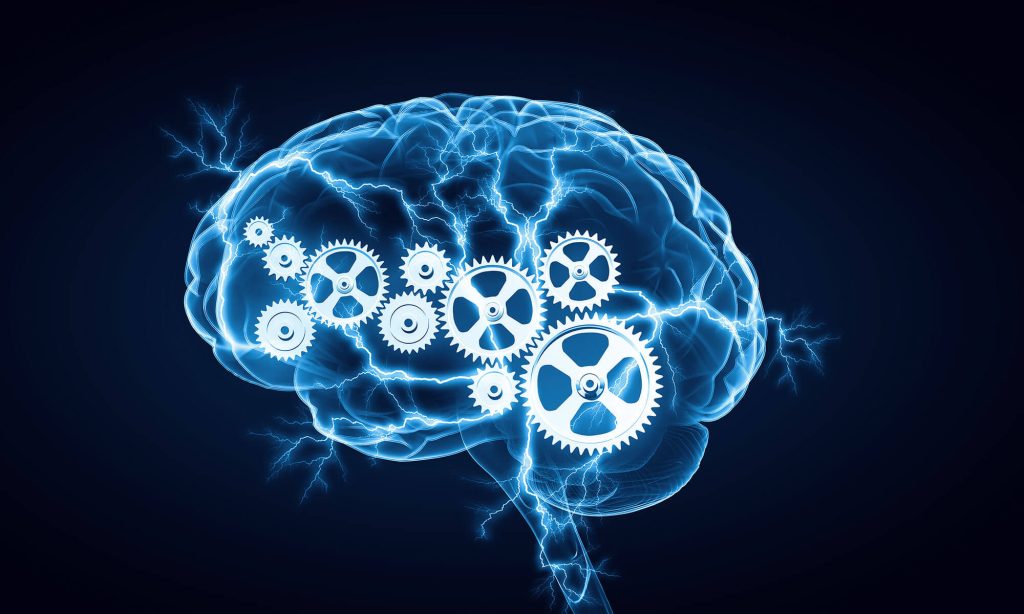What is Intelligence in 2025?
It might seem useless to define such a simple word. After all, we have all heard this word hundreds of times and probably have a general understanding of its meaning. Intelligence has been defined in many ways: higher-level abilities (such as abstract reasoning, mental representation, problem solving, and decision making), the ability to learn, emotional knowledge, creativity, and adaptation to meet the demands of the environment effectively.
History Of Intelligence
For much of the 20th century, intelligence was largely defined through IQ (Intelligence Quotient) tests, which measure cognitive skills like problem-solving, logical reasoning, and verbal ability. While these metrics provide valuable insights, they capture only a narrow slice of what the human brain is capable of.
The limitation of IQ-focused intelligence lies in its failure to consider emotional understanding, creativity, social skills, and practical thinking—all of which are vital in everyday life and success.
The study of human intelligence dates back to the late 1800s when Sir Francis Galton (the cousin of Charles Darwin) became one of the first to study intelligence.
Galton was interested in the concept of a gifted individual, so he created a lab to measure reaction times and other physical characteristics to test his hypothesis that intelligence is a general mental ability producing biological evolution (hello, Darwin!).
Galton theorized that because quickness and other physical attributes were evolutionarily advantageous, they would also provide a good indication of general mental ability (Jensen, 1982).

Types Of Intelligences in 2025:
In 1983, psychologist Howard Gardner revolutionized the way we think about intelligence by proposing the theory of Multiple Intelligences. He suggested that people possess various kinds of intelligences, including:
.Linguistic intelligence- Linguistic intelligence is a part of Gardner’s theory of multiple intelligences. Linguistic intelligence means the ability to use language and exhibit the ability to be sensitive to words and languages.
.Logical-Mathematical Intelligence- Just like the other intelligence types, characteristics of logical-mathematical intelligence can be easily observed in people. Basically, these individuals are good at mathematical operations. Recognizing, reasoning, and analyzing problems are easy for them. So, they are better at exams such as the Kangaroo Math Test.
.Spatial Intelligence- Spatial intelligence is an area in the theory of multiple intelligences that deals with spatial judgment and the ability to visualize with the mind’s eye. It is defined by Howard Gardner as a human computational capacity that provides the ability or mental skill to solve spatial problems of navigation, visualization of objects from different angles and space, faces or scenes recognition, or to notice fine details.
.Musical intelligence- Musical intelligence, also called musical-rhythmic intelligence, is the capacity to discern pitch, rhythm, timbre, and tone. It involves sensitivity to sounds and vibrations. People with high musical intelligence understand and express themselves through music. They can produce and appreciate music, identify distinct musical notes, and may think in rhythms or melodies.
.Bodily-Kinesthetic Intelligence – Control of body movements and handling of objects
.Interpersonal Intelligence – Understanding and interacting with others
.Intrapersonal Intelligence – Understanding oneself
.Naturalistic Intelligence –Naturalistic intelligence, one of the types proposed by Howard Gardner in his theory of multiple intelligences, refers to the ability to understand and interact with the natural world, including animals, plants, and the environment.
so, Intelligence is more than a score or a label. It’s a dynamic, evolving, and multidimensional quality that defines how we perceive the world, solve problems, relate to others, and create meaning in our lives.
By embracing a broader view of intelligence, we not only better understand ourselves and others—we also create a world where more people can succeed, contribute, and thrive in their own unique ways.
